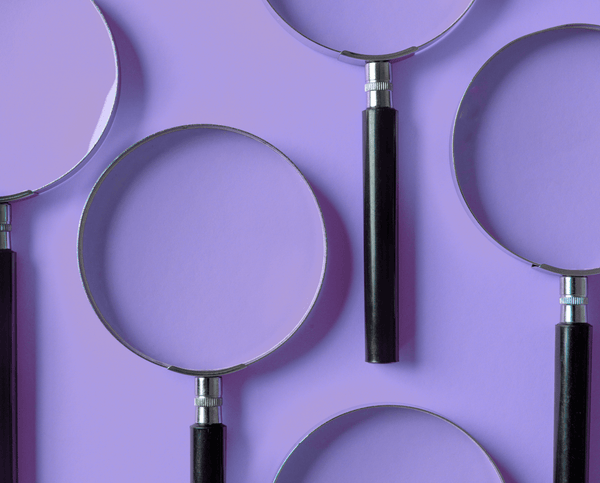Article
Choline For Fertility
Posted on
New research shows that choline can also be very helpful for fertility as choline is an essential nutrient that your body needs every day so let's explore how it plays a vital role in male and female fertility:
Healthy egg & embryo development (female fertility). Choline helps keep the structure of cells healthy and supports important chemical processes in eggs and early embryos. These processes are key for the growth and development of eggs and embryos. (PubMed)
Sperm health (male fertility). Choline is also important for sperm. The genes that help process choline are active in the testes, and differences in these genes can affect sperm movement. Choline also helps maintain the structure and flexibility of sperm, which is important for them to function properly. (PMC)
Research from the UK and Europe suggests that many women of child-bearing age are not getting enough choline. This is one reason why choline is now being discussed not just during pregnancy but also before conception.
Foods naturally high in choline
Try to include some of these foods in your meals to get a good base of choline from your diet:
- Eggs (especially the yolk)
- Liver (beef or chicken) and other meats (beef, pork, poultry)
- Fish & seafood (e.g., salmon, cod, tuna)
- Dairy (milk, yogurt, cottage cheese)
- Legumes & soy (soybeans/edamame, chickpeas, beans)
- Grains & seeds (wheat germ, whole grains)
- Vegetables (cruciferous veg like broccoli and Brussels sprouts, potatoes, mushrooms)
What to look for in a choline supplement (when you’re trying to conceive)
- The label should show “choline (as …)” and the total amount of choline per serving. Make sure the number refers to actual choline, not just the weight of the ingredient. Common forms include choline bitartrate and phosphatidylcholine; both increase choline levels. (Alpha-GPC and CDP-choline are usually used in brain supplements.) Pick a type you tolerate well and can take every day.
- A daily amount that helps fill the gap between what you eat and what you need. The EFSA (European Food Safety Authority) recommends 400 mg/day for adults (higher during pregnancy and breastfeeding). The NIH says it’s safe up to 3,500 mg/day from all sources. Most pre-conception vitamins give 50–250 mg of choline, to complement, not replace, your food.
- Works well with other vitamins that help with chemical processes in the body, like folate, B12, and B6. Many prenatal vitamins don’t give enough choline, so a separate choline supplement can be useful.
- Quality & comfort. Choose a supplement from a reputable brand with third-party testing. Some people notice a mild “fishy” smell at higher doses; starting with a lower dose and taking it with food can help. Don’t take more than the recommended upper limit.
For both women and men preparing for pregnancy, getting enough choline, mainly from food, and optionally with a well-made supplement, supports the processes that are key for fertility, like healthy cell membranes, chemical reactions in the body, and nerve signals. While studies on fertility outcomes are still new, because many people aren’t getting enough choline and it has clear benefits, it’s a smart nutrient to focus on when trying to conceive.
While our choline supplement was originally developed as part of our pregnancy range, it can also be a valuable option if you are looking to support your fertility. Emerging research suggests that choline plays a role before conception as well as during pregnancy and postnatal recovery. If you are considering adding choline at this stage of your journey, our supplement provides a reliable way to ensure you are meeting your needs.
Further reading
-

Debunking Five Common Fertility Myths
Fertility is a subject that often attracts myths, speculation and outdated advice. For people who are trying to conceive, this... -

Thyroid Health and Fertility
When it comes to fertility, many factors can influence your ability to conceive. One often-overlooked but essential factor is thyroid...


